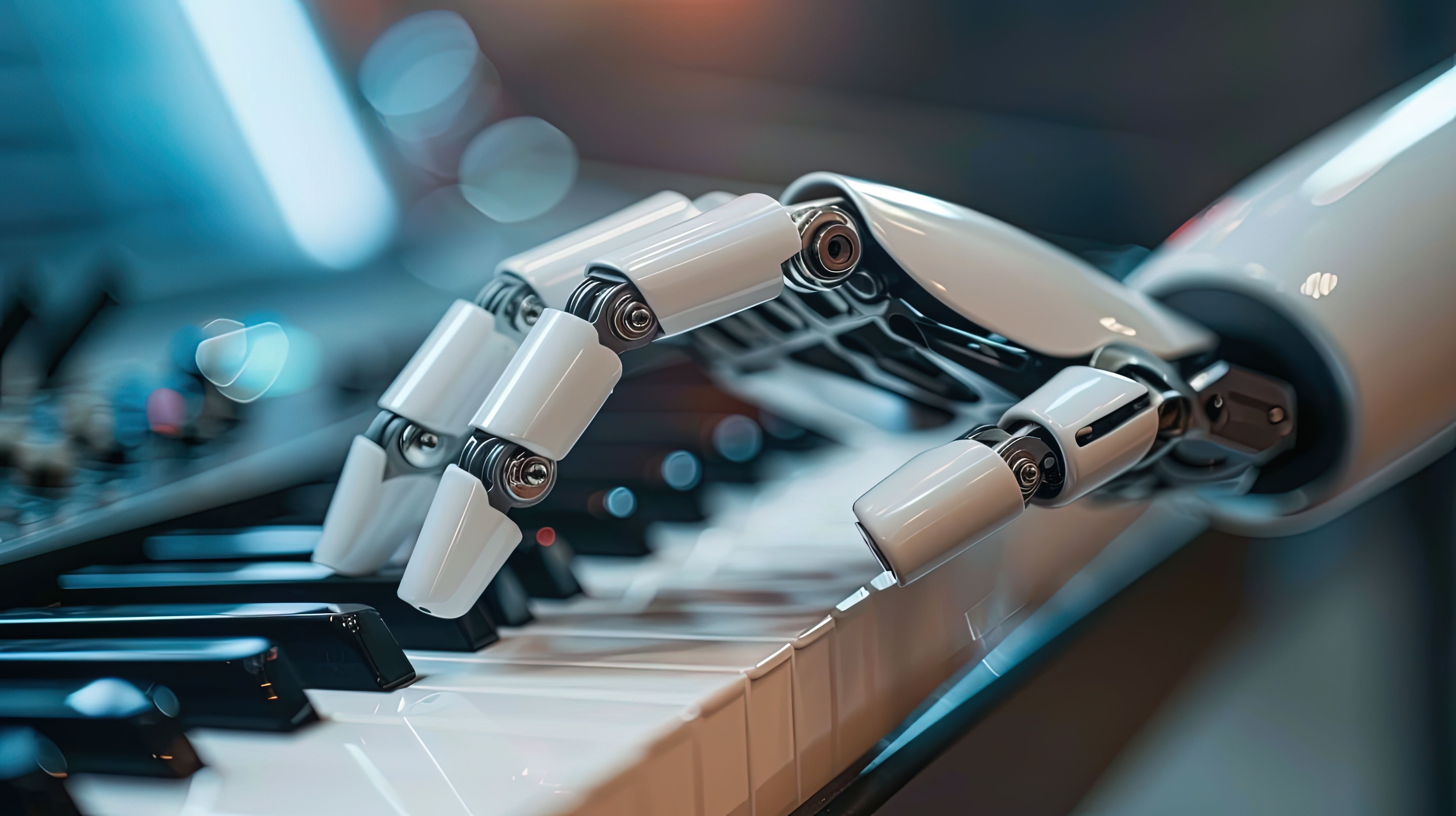In its ruling of 31 July 2025 (I ZR 157/21), the Federal Court of Justice ruled that cheat software that only modifies runtime-related data in the working memory without affecting the source or object code does not constitute a copyright infringement. The Federal Court of Justice thus follows a preliminary ruling by the European Court of Justice and, at the same time, confirms the established interpretation of the scope of copyright protection for computer programs.
Background
The defendants distributed cheat software that allowed users to circumvent restrictions in games, such as time limits or the number of playable characters. The application did not interfere with the program code, but influenced temporary data in the working memory. The plaintiff considered this to be an impermissible modification of its program within the meaning of Section 69c No. 2 of the German Copyright Act (UrhG).
The Federal Court of Justice initially suspended the proceedings and referred the case to the European Court of Justice for a preliminary ruling. The European Court of Justice clarified that copyright protection only covers the source and object code of a program, but not its mere execution or runtime-related states (judgment of 17 October 2024, C-159/23).
Decision
Consequently, the Federal Court of Justice (BGH) now also finds, in accordance with Section 69a UrhG, that only the forms of expression of a computer program, in particular source and object code are protected by copyright.
However, changes to volatile RAM data do not fall within the scope of protection and therefore do not constitute a ‘form of expression’ of a computer program protected by Sections 69a et seq. UrhG.
Practical tip
The decision does not change the legal situation, but it does contribute to legal certainty. Technical interventions in the program flow that do not affect the code of the computer program itself remain permissible under copyright law. For manufacturers, this means that they cannot prevent such manipulations of the program flow under copyright law, but must primarily resort to technical protection measures or contractual restrictions.



